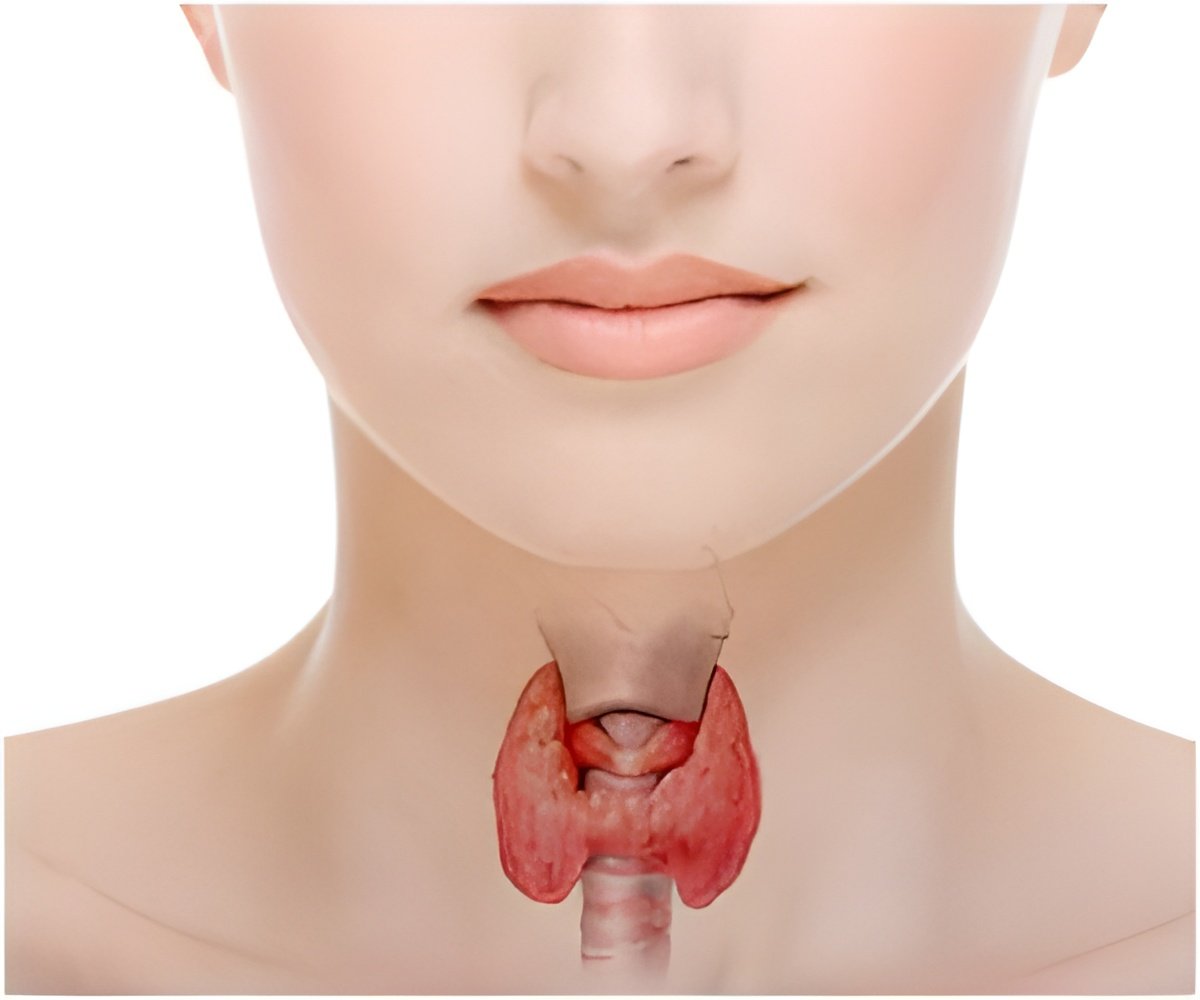
Dr Bronwyn Crawford and co-authors, including Dr Diana Learoyd, Associate Professor at the University of Sydney, reviewed a series of cases of thyroid dysfunction in adults associated with ingestion of a brand of soy milk manufactured with seaweed.
This series of thyroid dysfunction cases led to a national recall of the soy milk, and the distributor agreed to voluntarily withdraw the product from sale in Australia.
The brand of soy milk was fermented in seaweed, which is thought to improve the flavour, and is promoted as having wide-ranging health benefits. The NSW Health alert for the soy milk stated that, in a child, ingestion of only 5mL, and, in an adult, only 30mL, would exceed the safe upper limit of iodine intake.
Dr Learoyd said that iodine toxicity causes a spectrum of thyroid disorders, ranging from hyperthyroidism to hypothyroidism.
“Although iodine deficiency is a documented and serious concern in Australia, these cases highlight the risks of excess iodine intake from dietary sources,” Dr Learoyd said.
Advertisement
“There is a strong public health argument for monitoring iodine levels in imported foods and commercially available seaweed preparations.”
Advertisement
Source-MJA











